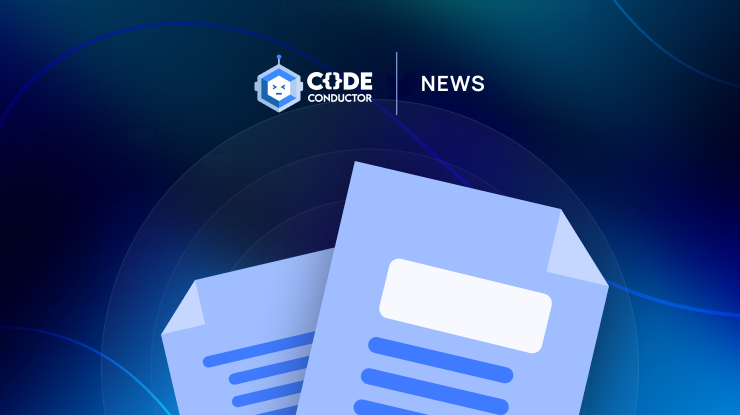- OpenAI has updated its Assistants API, enhancing control over AI assistants’ file search capabilities.
- Developers can now better adjust the relevance of information used by AI agents to generate responses.
OpenAI just rolled out some quiet yet significant updates to its Assistants API, and developers are feeling the positive impact.
The updates primarily enhance the File Search feature, allowing developers to refine better how AI agents select and utilize information to generate responses.
What’s New with File Search?
The latest update centers around enhanced controls for the File Search function. Developers have more say in how the AI decides what information to use when generating responses.
They can inspect file search results and tune “the behavior of the file search tool’s ranker to change how relevant results must be before they are used to generate a response.”
A Step Towards More Autonomous AI Agents
OpenAI launched the Assistants API in November 2023, calling it a “baby step” towards creating fully autonomous AI agents.
While the initial release focused on AI assistants that still required some human guidance, these new features are a move in the right direction for those aiming to build more independent AI applications.
The Assistants API allows developers to use OpenAI’s existing models with custom instructions, making it easier to build specialized AI assistants for different applications. It also integrates seamlessly with other tools in the OpenAI ecosystem. These APIs also let people create assistants that can “talk” with other agents.
When the Assistants API first launched, OpenAI mentioned to VentureBeat that the technology was still geared towards creating AI assistants that require some human oversight, rather than fully independent agents. However, these new updates are a positive step forward for developers aiming to build more autonomous AI applications.
It appears that many developers have been eager for more control, as the updates from OpenAI have been welcomed with enthusiasm and relief.
The Future of AI Agents
The concept of fully autonomous AI agents—AI that can perform tasks with minimal human intervention—is a major objective for many companies in the AI industry.
These agents could potentially handle a range of tasks, from booking flights to automatically filling out forms based on user behavior. For businesses, the ability to automate routine activities could lead to significant efficiency gains and cost savings.
Other companies are also exploring similar avenues to simplify the creation of AI agents. For example, Google recently made its AI agent platform, Oscar, open-source, while Salesforce has started releasing enterprise-specific agents designed to meet the needs of its customers.
What’s Next?
While features like OpenAI’s updated File Search controls are a step in the right direction, the industry has yet to develop comprehensive benchmarks for evaluating the effectiveness of these AI agents. Current tests are lacking in some areas, meaning there’s still a lot of room for improvement.
But, with companies like OpenAI leading the charge, we can expect to see continued advancements in this space.
Developers and businesses alike are keen to see what’s next as AI technology continues to evolve and grow more sophisticated.

Co-founder and Chief growth officer

